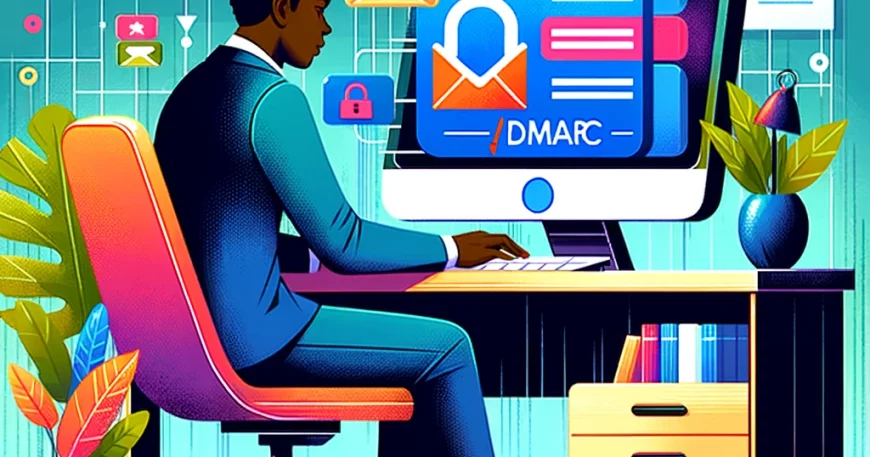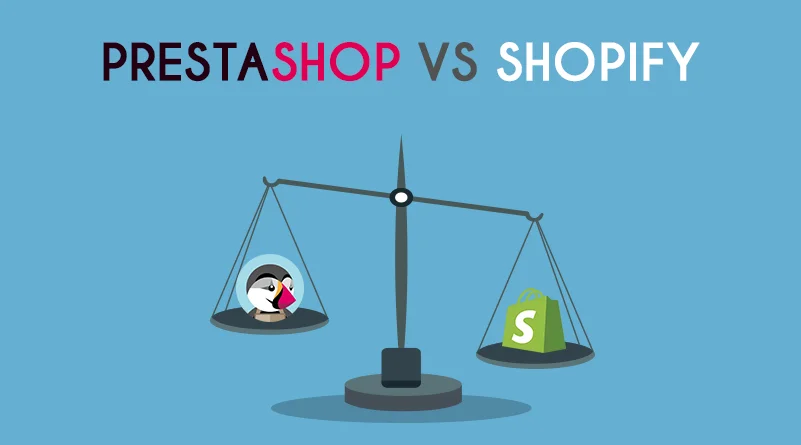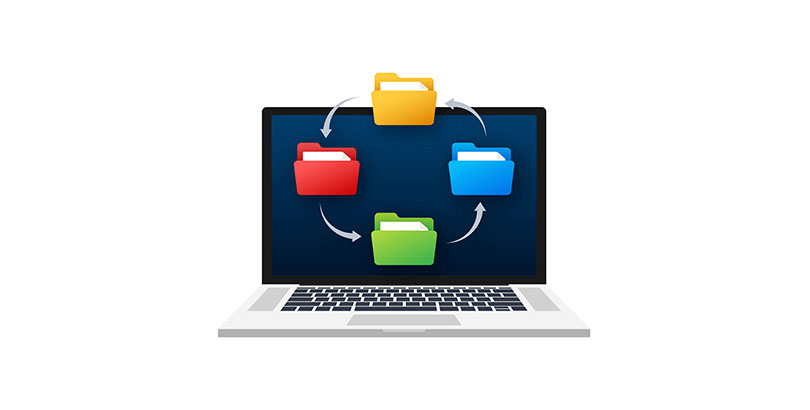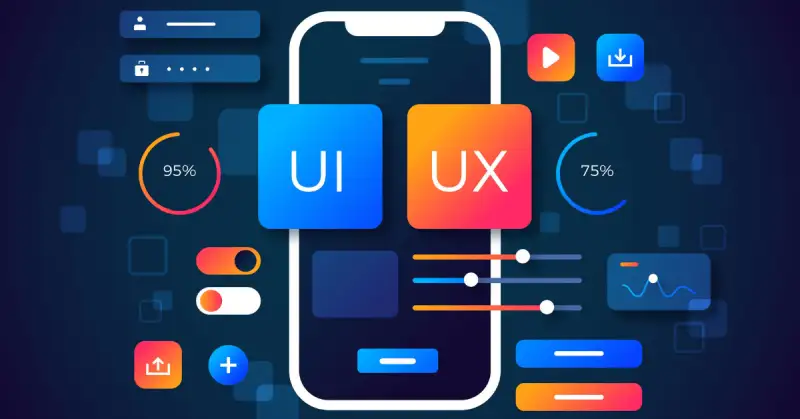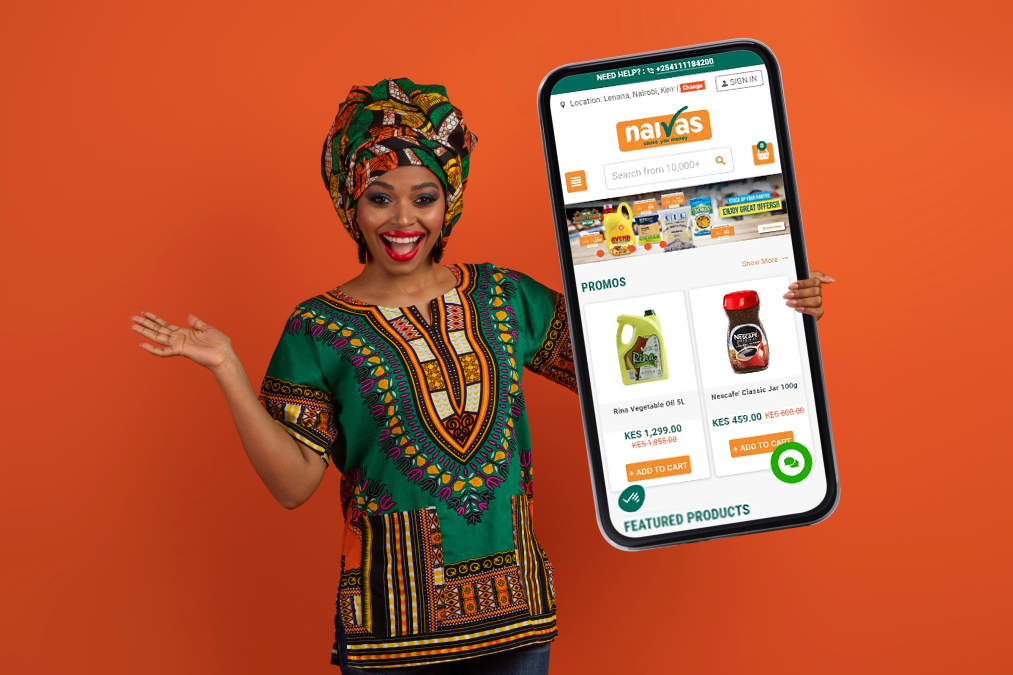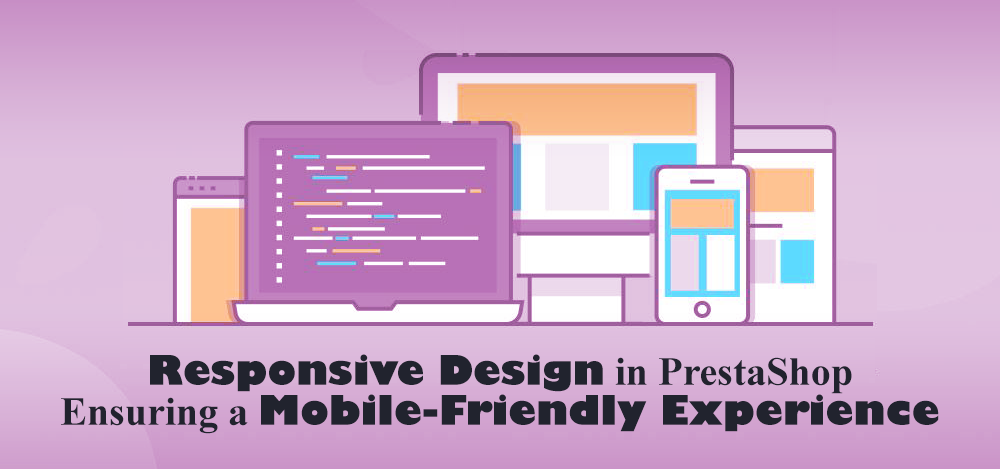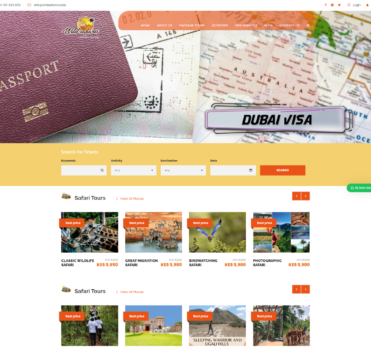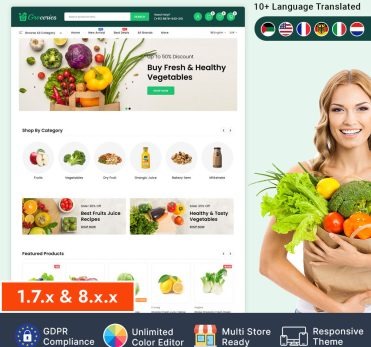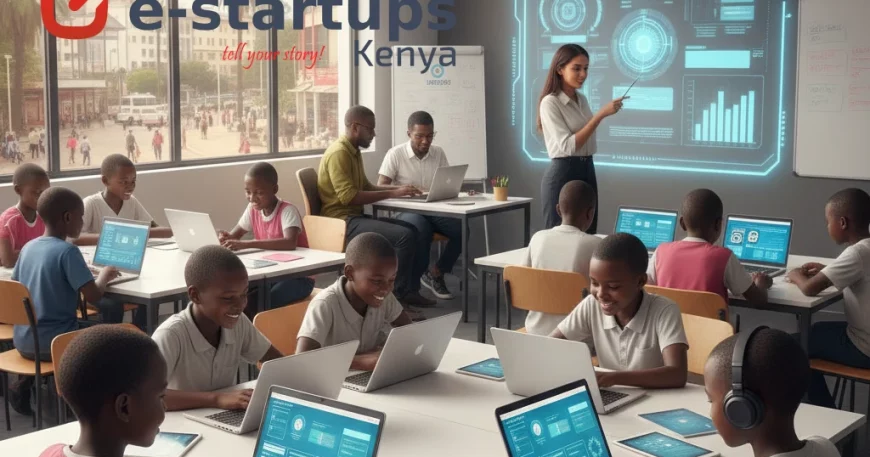Introduction
Education in Kenya has always been a cornerstone of progress, but traditional learning models are struggling to keep pace with the demands of a digital world. From overcrowded classrooms to limited access in rural areas, students and teachers face daily challenges. Yet amid these struggles, EdTech startups are reshaping the future of learning by using technology to break barriers, improve access, and personalize education.
Kenya, known for its Silicon Savannah, is now home to a growing number of EdTech solutions that are changing how students learn and how institutions operate. Whether through mobile-based platforms, virtual classrooms, or AI-driven assessments, the country is witnessing a new era of digital education.
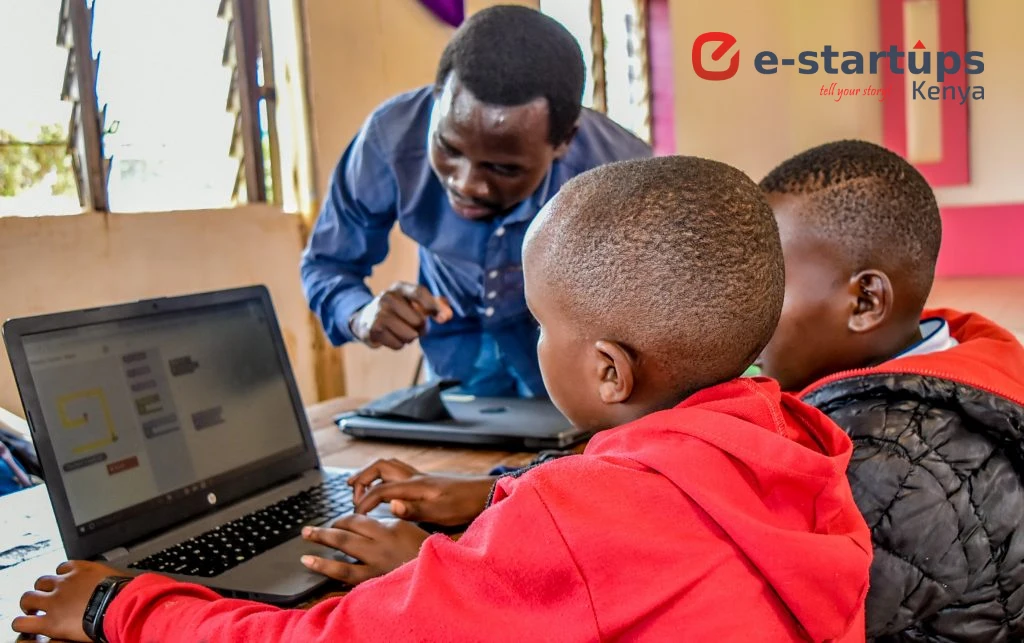
Why EdTech Matters in Kenya
The COVID-19 pandemic highlighted the urgent need for digital learning solutions. Schools closed, and students were forced to learn remotely, exposing the gaps in accessibility and infrastructure. While many faced challenges, it also accelerated the adoption of technology in education.
Today, EdTech matters because it addresses long-standing issues such as teacher shortages, limited resources, and unequal access between urban and rural areas. By leveraging mobile technology, which has high penetration in Kenya, startups are making education more inclusive. For instance, learners in rural Turkana can now access the same digital lessons as students in Nairobi through mobile applications.
Key Areas Where EdTech is Transforming Education
I. E-Learning Platforms
Kenyan startups are building digital platforms that provide lessons, assignments, and assessments online. Students can now learn from anywhere, using smartphones or laptops. These platforms also allow teachers to upload resources and track student progress.
II. Mobile Learning Solutions
With mobile penetration in Kenya surpassing 100 percent, mobile learning has become one of the most effective ways to reach students. Apps designed for low data consumption are enabling learners to access educational content affordably. Mobile learning is especially powerful for rural communities where physical schools may be far away.
III. AI and Personalized Learning
Artificial Intelligence is making it possible to personalize education for each student. Adaptive learning platforms analyze how students perform and provide tailored recommendations. A child struggling with mathematics can receive extra practice, while another excelling in reading can be given more advanced content. This ensures no student is left behind.
IV. Online Tutoring and Virtual Classrooms
Startups are connecting students with tutors through video-based platforms, creating opportunities for one-on-one learning. Virtual classrooms also allow collaboration between teachers and students across different regions, creating a richer and more interactive learning experience.
V. Digital Skill Development
Beyond traditional subjects, EdTech is helping young Kenyans learn digital skills such as coding, web design, and data science. These skills are vital for the modern job market, and startups offering such programs are preparing students for the future workforce.
Real-World Examples in Kenya
Startups such as Eneza Education are providing SMS-based learning solutions to millions of students, especially in underserved areas. M-Shule uses artificial intelligence to deliver personalized lessons through SMS, making education more accessible to those without smartphones. Kidato is another example, offering online schooling that connects students with teachers in virtual classrooms.
These innovations demonstrate how Kenyan EdTech startups are tackling unique challenges with local solutions, making education more inclusive and adaptive.
Why Partner with E-Startups Kenya
At E-Startups Kenya we understand the role technology plays in shaping the future of education. We provide digital solutions that support EdTech ventures, including website and app development, cloud-based systems, AI-powered learning platforms, and secure payment integration.
Our expertise also extends to digital marketing and SEO, helping EdTech startups reach parents, schools, and institutions effectively. Whether you are building a mobile learning app, a virtual classroom, or a digital skills academy, we have the tools to help you succeed.
FAQs
What is EdTech in simple terms
EdTech refers to the use of technology to enhance teaching and learning, including apps, online platforms, and digital classrooms.
How is EdTech improving education in Kenya
It makes learning more accessible, personalized, and affordable, while bridging the gap between rural and urban areas.
Can EdTech work in areas without internet
Yes, solutions like SMS-based learning platforms are designed for students without reliable internet access.
What skills are EdTech startups focusing on
Beyond school subjects, many startups offer digital skills such as coding, web development, and data science.
How does E-Startups Kenya support EdTech businesses
We provide tailored digital solutions including app development, cloud systems, AI integration, and marketing strategies for growth.
Conclusion and Call to Action
EdTech startups are not just supplementing education in Kenya, they are transforming it. By offering innovative solutions such as mobile learning, personalized education, and digital skill development, they are making learning accessible and relevant for millions of students.
At E-Startups Kenya we are committed to supporting this transformation. We provide the tools, systems, and expertise that help EdTech startups grow and scale their impact.
👉 Contact E-Startups Kenya today and let us help you build the next big innovation in education.

